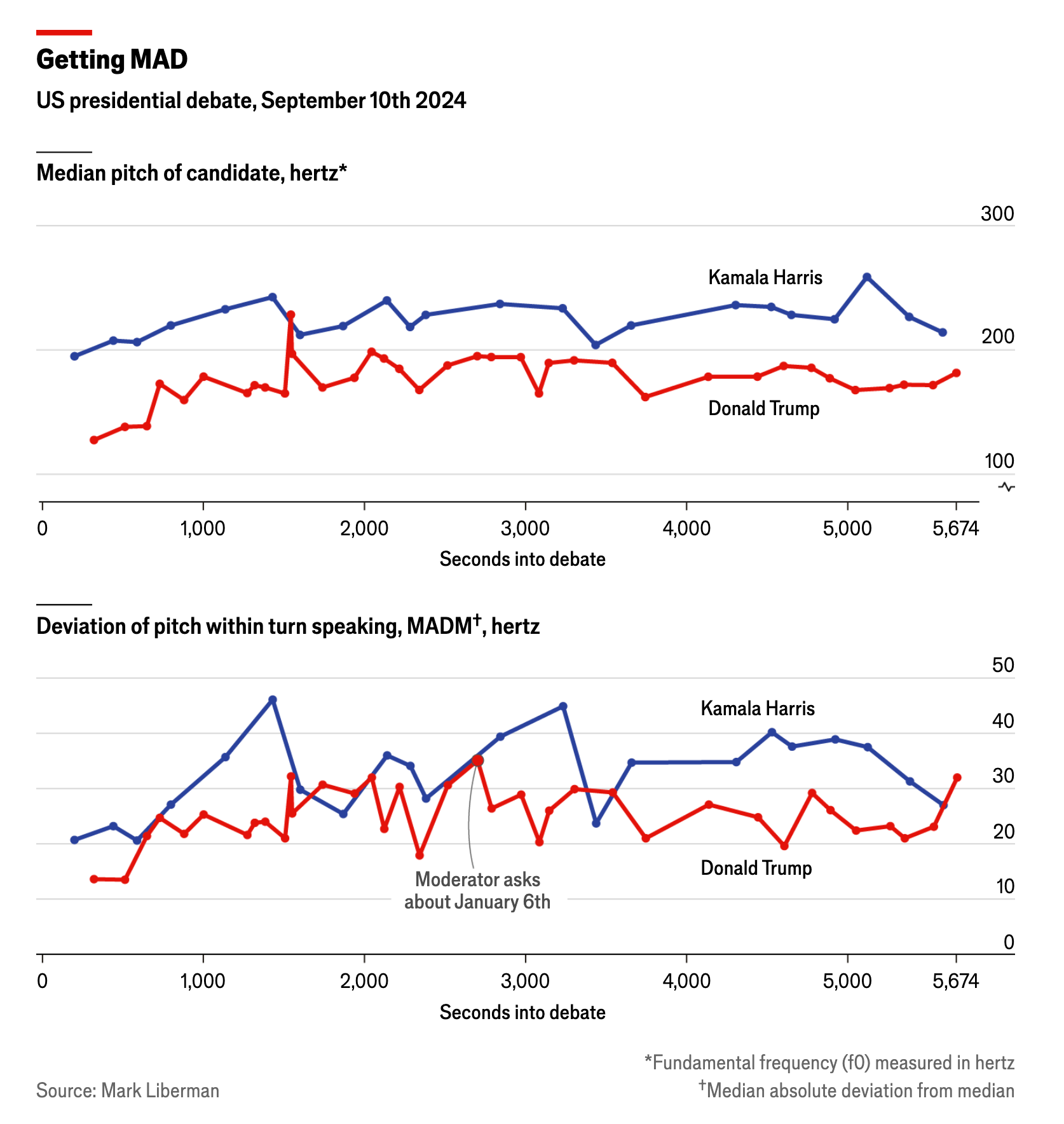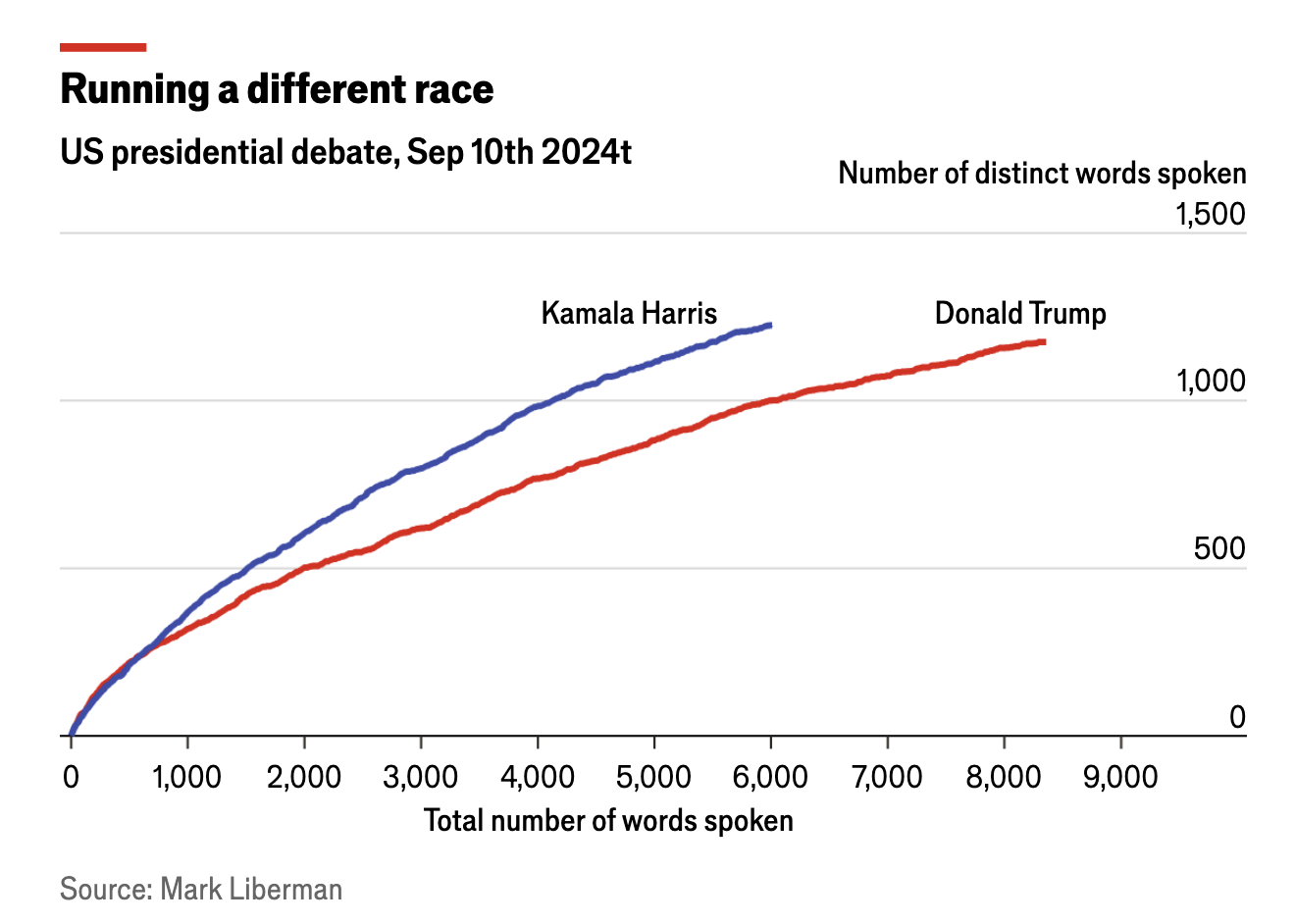A new socio-political promo
Jesse Ventura has had a successful career as a pro wrestler, actor, and politician — all largely built on the foundations of his mastery of pro wrestling rhetoric. And recent events have brought him back into the public eye. His Jan. 8 interview on the Minneapolis Fox News channel got 2.7 million likes and more than 47 thousand comments on TikTok, lots of play on other news-ish outlets, 295k views and more than 7400 comments on YouTube, and 3.7 million views and more than 1400 comments on X.
See "The art of the promo" (10/31/2020) for some background on this rhetorical style, including its role in Donald Trump's career. And if you haven't listened to Ventura's interview, you should do so as background for this post.
Read the rest of this entry »



